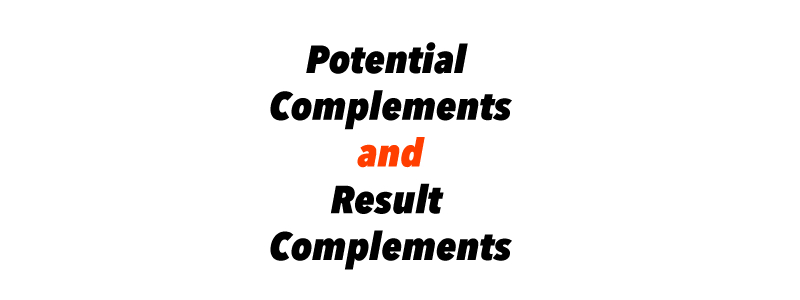In Chinese, some complements show results or ability. 好 hǎo is used to express that something is completed or ready, while 起 qǐ is used to express whether someone can or cannot manage, afford, or bear something.
好 hǎo
It shows that something has been completed well, finished properly, or is ready.
東西已經買好了东西已经买好了
The things have already been bought (ready).
作業寫好了嗎?作业写好了吗?
Have you finished the homework?
飯菜都準備好了饭菜都准备好了
The food is all ready.
你把門關好你把门关好
Close the door properly.
他把約會的餐廳訂好了他把约会的餐厅订好了
He has already booked the restaurant for the date.
我還沒準備好今天的考試我还没准备好今天的考试
I’m not ready for today’s exam.
起 qǐ
It used after a verb to express being able (or not able) to afford something.
這輛車太貴,我買不起这辆车太贵,我买不起
This car is too expensive; I can’t afford it.
那麼大的房子,我們住不起那么大的房子,我们住不起
We can’t afford to live in such a big house.
這家餐廳太高級了,我吃不起这家餐厅太高级了,我吃不起
This restaurant is too fancy; I can’t afford to eat here.
你讀得起大學嗎?你读得起大学吗?
Can you afford to go to college?
他用得起蘋果電腦嗎?他用得起苹果电脑吗?
Can he afford to use an Apple computer?
我去不起那麼貴的國家我去不起那么贵的国家
I can’t afford to travel to such an expensive country.


